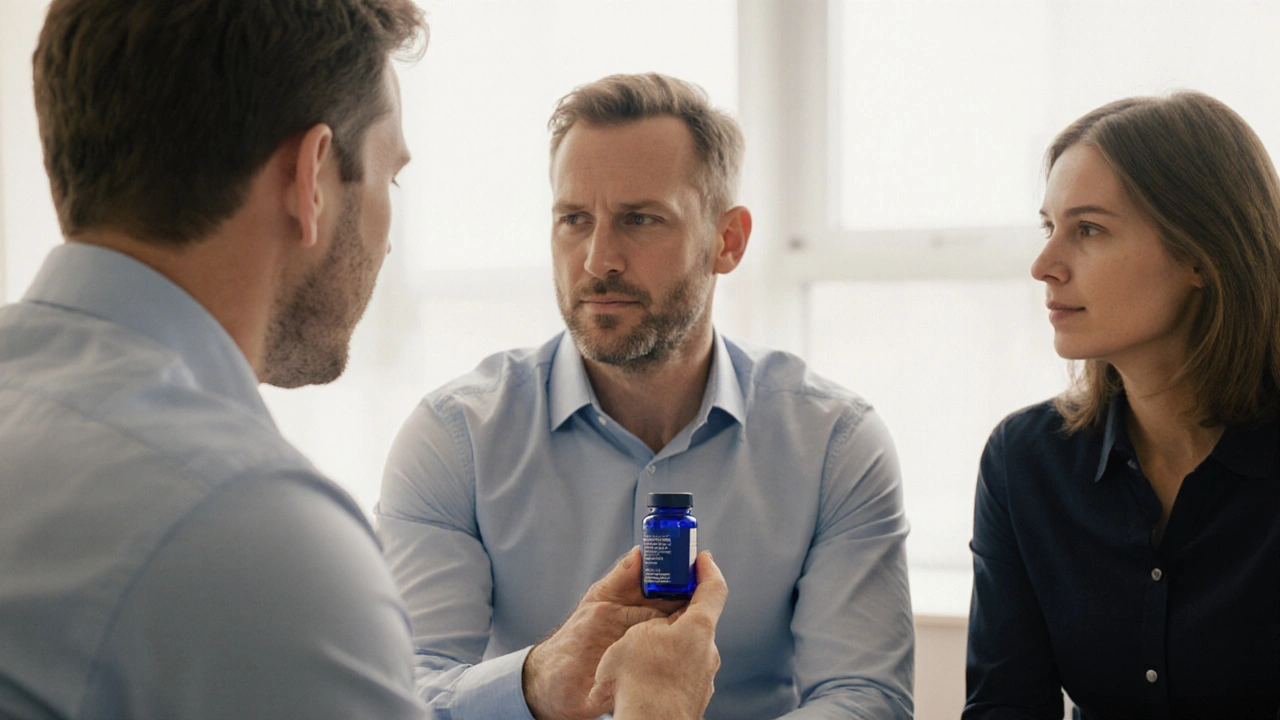Premature Ejaculation Treatment: Easy Ways to Gain Control
Premature ejaculation (PE) is more common than many think, and it can hurt confidence in the bedroom. The good news? There are several low‑risk methods that can help you last longer and enjoy sex more. Below you’ll find practical steps you can try today, plus a quick look at medical options if you need extra help.
Top Over‑the‑Counter and Prescription Options
First, consider topical anesthetics. Creams or sprays with a tiny amount of lidocaine numb the penis just enough to delay climax without killing sensation. Apply a thin layer 10–15 minutes before sex, then wash off excess to avoid numbing your partner.
Prescription pills are another route. Doctors often start with selective serotonin reuptake inhibitors (SSRIs) like sertraline or paroxetine, which have a side effect of delaying ejaculation. Dapoxetine is a short‑acting SSRI approved for PE in many countries; it works only when you take it a few hours before intercourse.
If you’re looking for a non‑prescription route, over‑the‑counter supplements such as zinc, magnesium, or herbal blends containing L‑arginine can support nerve function. These aren’t miracle cures, but they may improve stamina when combined with other techniques.
Lifestyle Changes That Help
Behavioral tricks are the backbone of most PE programs. The “stop‑start” method means you pause stimulation right before you feel the urge to ejaculate, wait a few seconds, then start again. Over time, you train your body to recognize the point of no return and pull back earlier.
The “squeeze” technique works similarly: when you’re close, gently squeeze the head of the penis for about 5 seconds. This reduces the urge and lets you continue without losing control.Regular pelvic floor exercises (Kegels) can also make a big difference. Contract the muscles you’d use to stop urine mid‑stream, hold for three seconds, then release. Do three sets of ten reps each day to strengthen the muscles that help you hold back.
Stress and anxiety are hidden drivers of PE. Simple relaxation habits—deep breathing, mindfulness, or a short meditation before sex—can lower the nervous system’s over‑reaction. Talk openly with your partner about expectations; a supportive environment removes a lot of pressure.
If you’ve tried these steps and still struggle, it’s worth seeing a doctor or a certified sexual therapist. They can assess underlying health issues such as thyroid problems or prostatitis and tailor a treatment plan just for you.
Remember, treating PE isn’t about a one‑size‑fits‑all pill. Combining behavioral practice, possible topical or oral meds, and healthy lifestyle habits gives the best chance of lasting longer and feeling more confident. Try a few of these strategies, track what works, and don’t hesitate to get professional help if you need it.

